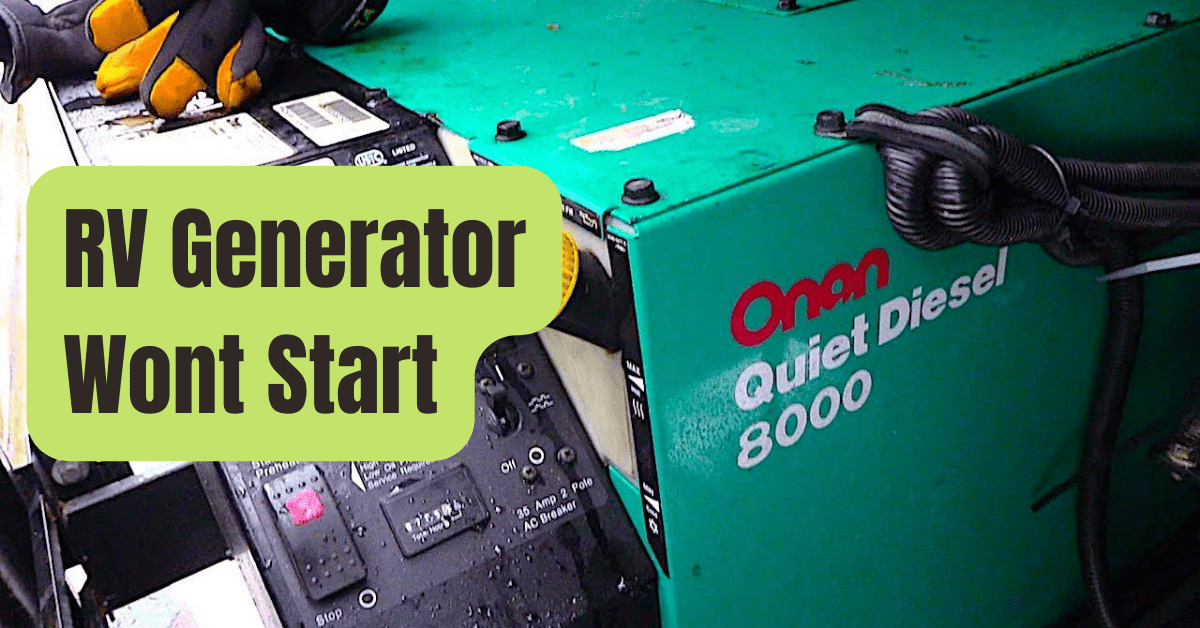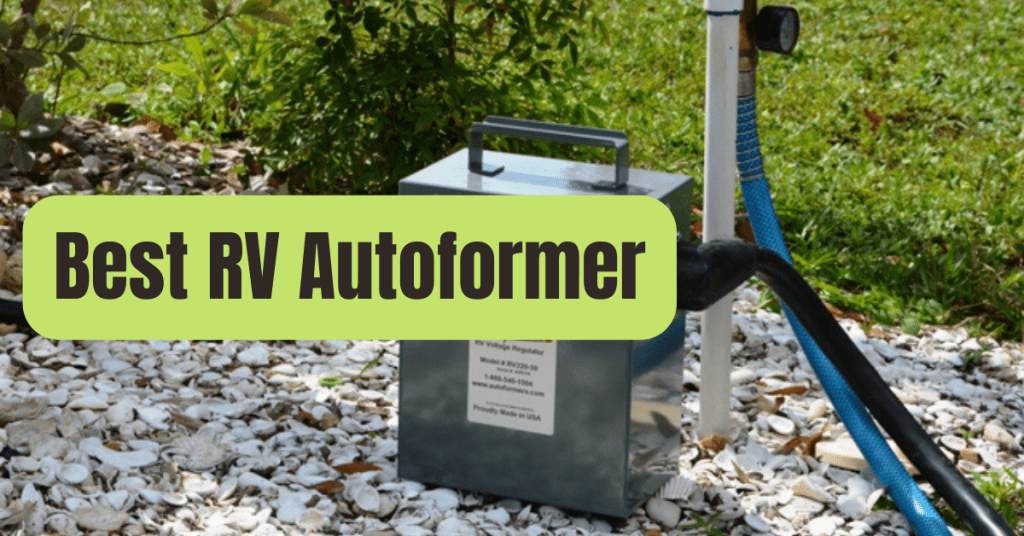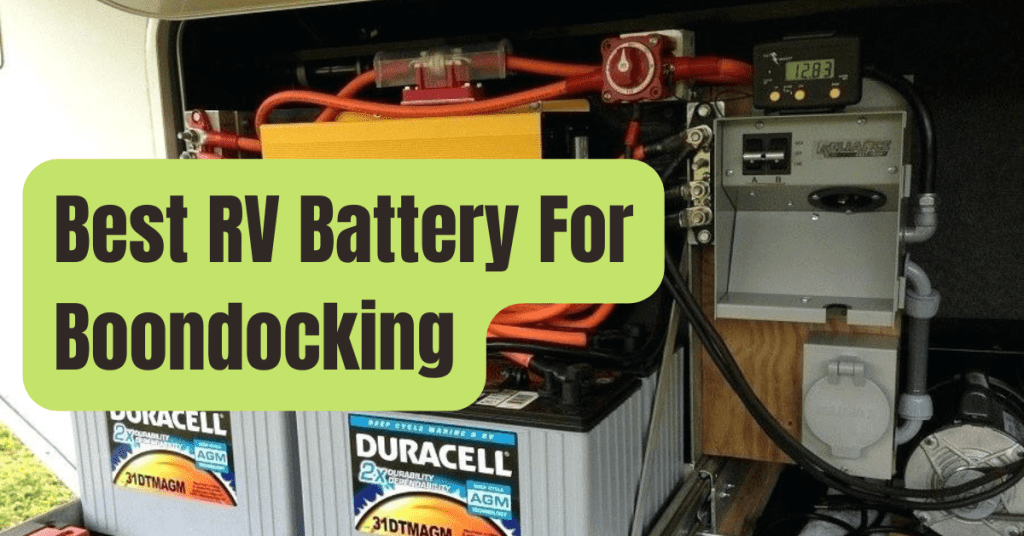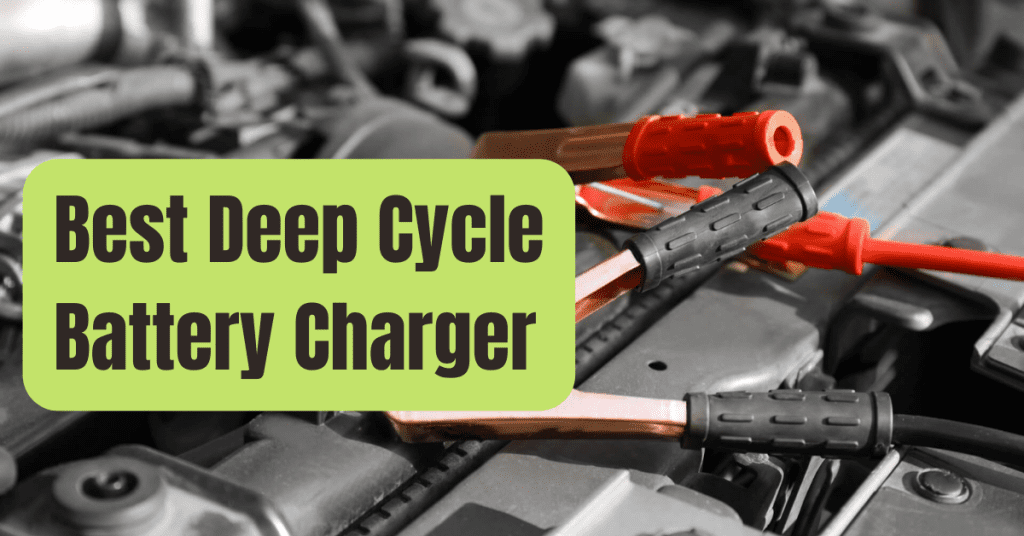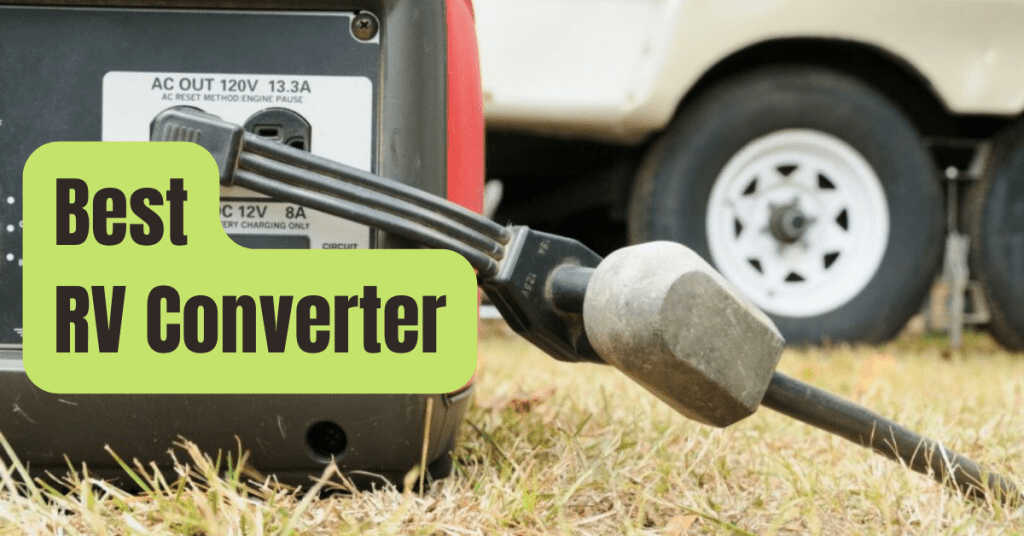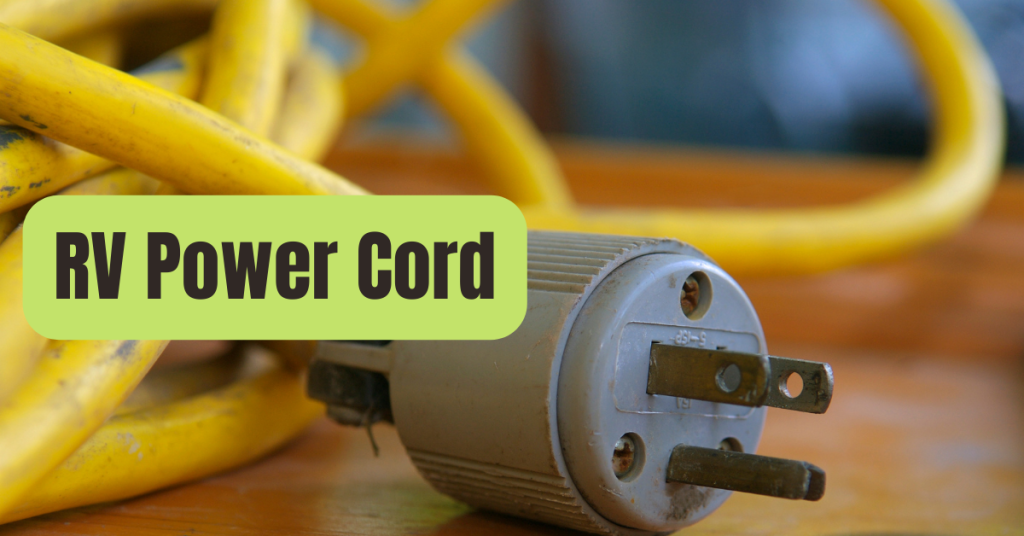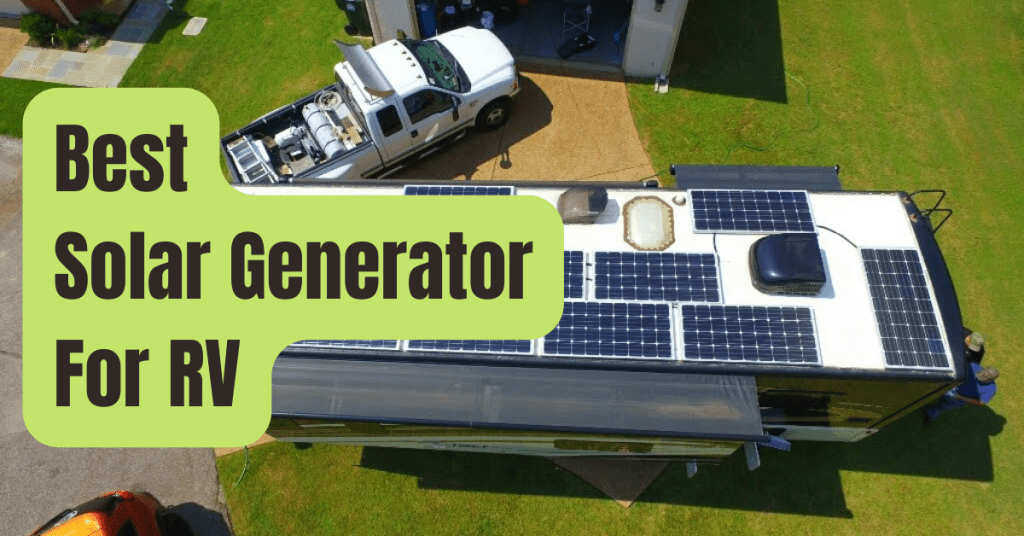The maintenance is one of the frequently overlooked benefits of having an RV.
While RVing may appear to be a glamorous and simple lifestyle, there is still work to be done and maintenance to be kept up with.
The generator is a common source of frustration for many RVers.
Your RV generator won’t start for a variety of reasons, and we’ll go over the most common ones in this article.
The following are some of the most common causes for your RV generator not starting:
- Oil Level Is Low
- Problems with Batteries
- Insufficient fuel in the RV
- Expired Fuel
- A component has failed and must be replaced.
- The generator is ancient and in need of replacement.
This is not an exhaustive list.
These are just a few of the most typical reasons why your RV generator won’t start, and they’re an excellent place to start if you’re having difficulties.
To be honest, problems that aren’t on this list generally need the assistance of a qualified expert to identify and correct.
We couldn’t simply leave you with a list of problems; we had to provide some recommendations as well.
So continue reading, and maybe we’ll be able to assist you in getting your RV generator up and running in no time.
How Do I Fix My RV Generator That Won’t Start?
The generator is one of your RV’s most important equipment, and when it breaks down, it may be quite frustrating.
So, why not have some knowledge-based tools in your toolbox in case something occurs to you?
While not all of these issues can be resolved on your own, at least some of them can be resolved quickly and effectively to get your generator back up and running.
#1. Low Level Of Oil
Your generator, like many mechanical systems, requires oil to function properly.
If the oil level is low, the generator’s various components will not be properly lubricated.
When this occurs, they will malfunction or just stop operating.
The Solution
The generator, like many autos, should include an oil dipstick for checking oil levels.
Checking the oil should be one of the first things you do if your generator is behaving strangely or won’t start.
Despite the fact that generators utilize conventional motor gasoline, not all of them use the same kind.
Check your RV owner’s handbook to discover what sort of oil you should put in the generator if the oil is low.
You can always top up the oil yourself, but if it’s too unclean, you’ll need to replace it.
Bring it to a mechanic if you’re not sure how to do it correctly.
#2. Battery Problems
The generating system is not complete without a battery.
It is, after all, the reason the generator works at all.
So, if there’s a problem with the generator, the battery should be first on the list of things to look at.
For the built-in battery to start, it needs electricity from the main house or coach battery.
As a result, if the battery isn’t completely charged or the connections aren’t entirely connected and tight, the generator may not start at all.
The Solution
If you think the battery is the problem, make sure it’s completely charged first.
Check all of the connections if that isn’t the issue.
Are all of the connections clean and secure? If they aren’t, you may need to adjust them and clean them.
There’s also the potential that parts of the battery are rusted or leaking, so double-check everything.
The battery may just be old and worn out in certain circumstances.
This is also true with automobile batteries.
As a result, you may need to replace the battery.
#3. Insufficient Fuel In The RV’s Fuel Tank
If your RV’s gasoline tank falls below a quarter tank, the generator will run out of fuel.
As a result, if the RV fuel tank is too low, the generator will not start.
The generator in your RV may operate on diesel, gas, or propane.
Instead of having their own fuel tank, the great majority of built-in RV generators will use the RV’s diesel or gas tank.
If the gasoline level in your RV drops too low, the generator will shut down to save your RV from running out of fuel.
You’d be trapped otherwise since you elected to run your generator all night.
If your generator runs on propane, this won’t be a problem.
However, if your generator stops operating, you should check the propane fuel level.
The Solution
Check your gasoline gauge first; if your tank is low, that might be the problem.
This is a simple repair since you can just go to the nearest gas station and fill up.
If your generator is still not operating after adding extra gasoline to your tank, you’ll need to investigate alternative possibilities.
#4. Insufficient Or Old Fuel
Some RV generators are self-contained systems that do not have a gasoline connection to your RV’s fuel tank.
As a result, your generator’s fuel may be low in certain cases.
Another usual occurrence is that the gasoline in the generator has been lying idle between travel seasons and is just old.
You can only store fuel for a certain amount of time, so if it is too old, your generator will not work.
The Solution
The only thing you can do is either add or replace the existing gasoline in the tank.
Before you do this, make sure you read the user’s handbook! The generator may be destroyed if the incorrect sort of fuel is used.
If the gasoline in the generator seems to be old rather than low, the fuel filter may also need to be replaced.
If you don’t have much mechanical experience, it’s probably advisable to take the generator to a technician to get the old fuel replaced.
Before adding fresh gasoline, they’ll be able to thoroughly clean the tank and replace the fuel filter.
#5. It’s Time to Replace the Parts
So an RV generator’s fuel, battery, and oil troubles aren’t the only things that might go wrong.
These are the most typical causes of generator failure and the first things to look for if your generator stops working.
Because there are so many different components in the generator, anything may go wrong.
The Solution
This will either need some troubleshooting on your part or the assistance of a technician to determine the problem.
You may be able to tell whether there is any corrosion or if anything is loose or damaged by looking around at any of the connection points or crucial moving pieces.
It might be difficult to figure out what’s wrong on your own if there isn’t any physical harm.
#6. It’s Just That It’s Old
Everything mechanical has a shelf life.
You may extend the life of machines by providing them with the right care and maintenance, but they will ultimately need to be replaced.
If you’ve owned your generator for a long period, it’s possible that it’s just worn out.
If you purchased your generator secondhand, this is also something to think about.
It’s possible you don’t know how much it’s been used or how well it’s been cared for.
The Solution
Purchase a new one! Make every effort to repair the old one, and consider taking it to a technician to see if it can be fixed.
If at all feasible, we suggest repairing it, however RV generators do wear down over time.
If this describes your situation, it’s time to go shopping.
The Value of Routine Maintenance
RVs, like our automobiles and other motorized vehicles, need regular maintenance to be in top working condition.
Although not all parts of the RV need constant upkeep, you should take the time to ensure that the generator is in good working order.
With usage and time, several elements of an RV’s generator may fail, corrode, or just get worn out.
It’s important to inspect all of the connecting cables, rubber hoses, and fluids that keep it functioning on a regular basis.
It’s possible that something is blocked or that the antifreeze level is low.
All of these items may be checked during a routine maintenance inspection.
A well-maintained generator will, in most situations, outlive other components of your RV.
If you follow a solid maintenance schedule, you’ll be able to avoid many of the problems described above.
Some things are unavoidable, but if you check them ahead of time, you’ll be ahead of the game.
When In Doubt, Seek The Advice Of A Certified Technician.
While RVing is a great pastime for do-it-yourselfers, there are certain tasks that should be left to the professionals.
The generator concerns in many of the cases we addressed above might be resolved on your own.
However, like with other mechanical issues, repairs and replacements may be time-consuming.
If you can’t figure out why your generator won’t start or isn’t working, have it looked at by a professional.
At the the least, they’ll be able to tell you what’s wrong and if it’s repairable before you go out and purchase a new one.

